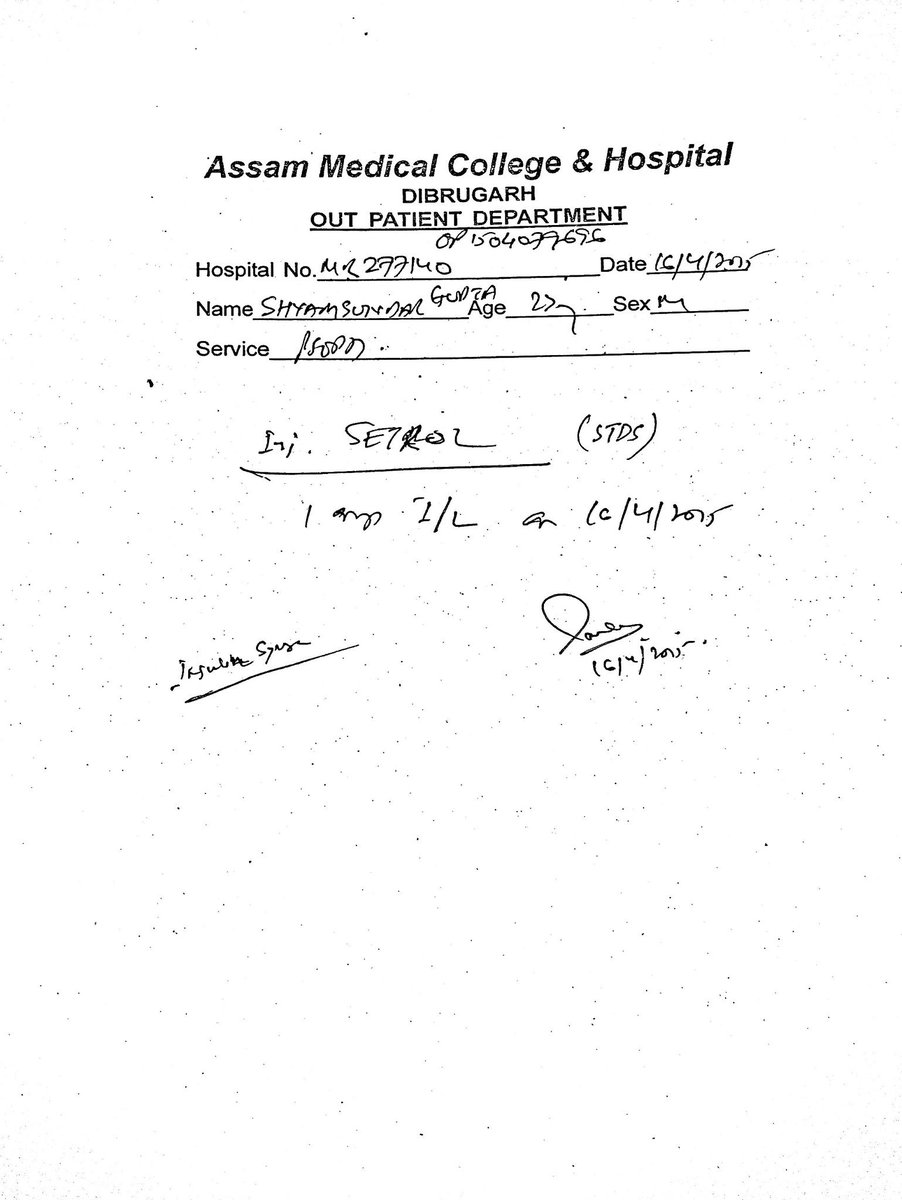1/ LibraBFT uses HotStuff as the base for their consensus. I went through the paper today, and it appears to be practically unaltered version of the latest HotStuff that was accepted to PODC'19
Paper: developers.libra.org/docs/assets/pa…
1. It is chained, meaning that k view changes take k+2 rounds of communication, instead of 2k
2. It is responsive (see below)
In Cosmos less than 1% of all the votes go to the third view, at which point Tendermint incurs more rounds of communication than HotStuff















